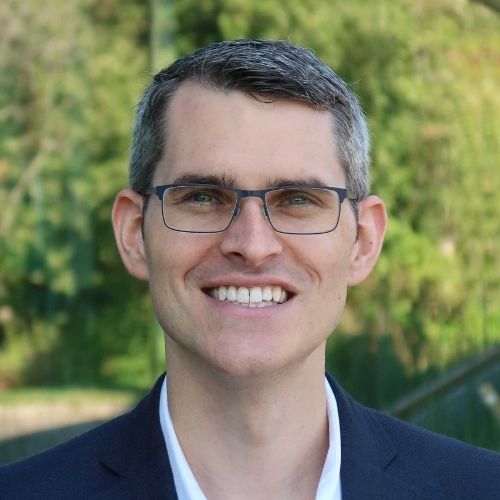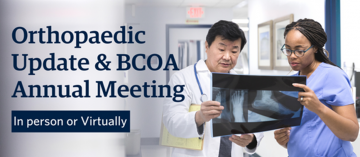We are pleased to congratulate UBC Orthopaedics Affiliate Assistant Professor, Dr. Joshua Giles, on receiving a 2021 Michael Smith Foundation for Health Research (MSFHR) Scholar Award. The MSFHR Scholar Program supports early-career health researchers in building innovative health research programs, training the next generation of scientists, and expanding their potential to make significant contributions to their field.
“The Michael Smith Foundation for Health Research Scholar Award is significant as it will enable me to focus 75% of my time on research over the next five years and will allow me to financially support my students throughout their graduate training,” say Dr. Giles.
His project, Developing patient-specific technologies to improve functional outcomes following joint replacement, will improve the understanding of how patient-specific factors affect joint replacement surgery outcomes. Through this research, Dr. Giles and his team will develop technologies that collect and analyze patient data, and provide orthopaedic surgeons with specific guidance to assist in optimally planning each surgery—based on the specific needs of the patient.
“A large aspect of my research program is the development of computational and machine-learned models that can be used to assist orthopaedic surgeons in making optimally individualized pre-operative surgical plans,” Dr. Giles explains. “This work could significantly impact the practice of surgeons and the quality of outcomes for patients.”
About Dr. Joshua Giles
Dr. Giles is an assistant professor in mechanical engineering at the University of Victoria and an affiliated assistant professor in orthopaedics at the University of British Columbia. He has published 36 peer-reviewed articles in clinical and engineering journals and made over 100 contributions to national and international conferences. Dr. Giles research is two-fold: 1) biomechanical experimentation and simulation seeking to improve our understanding of basic human musculoskeletal biomechanics and to address important clinical questions and 2) the development of systems to improve orthopaedic clinician training, patient assessment, and treatment/surgical planning.
Learn more:



